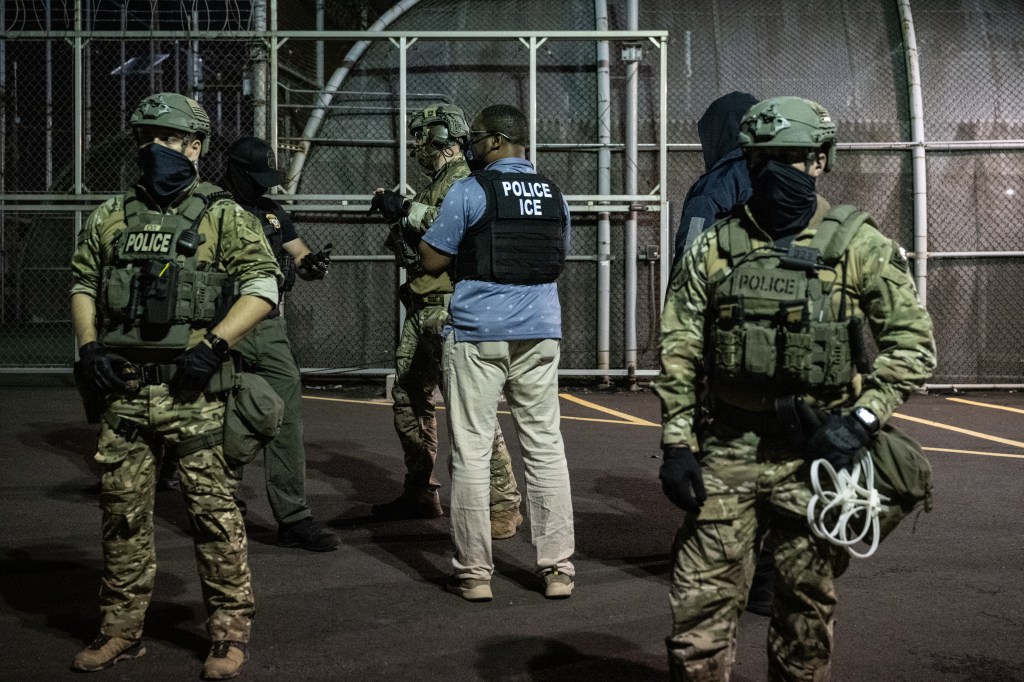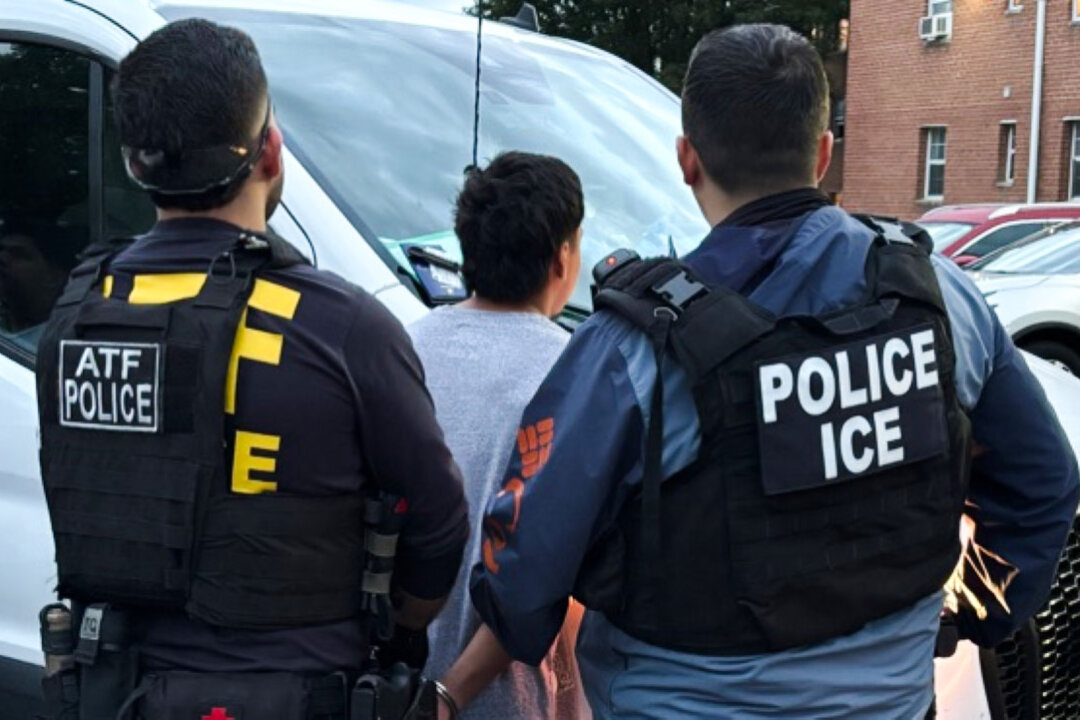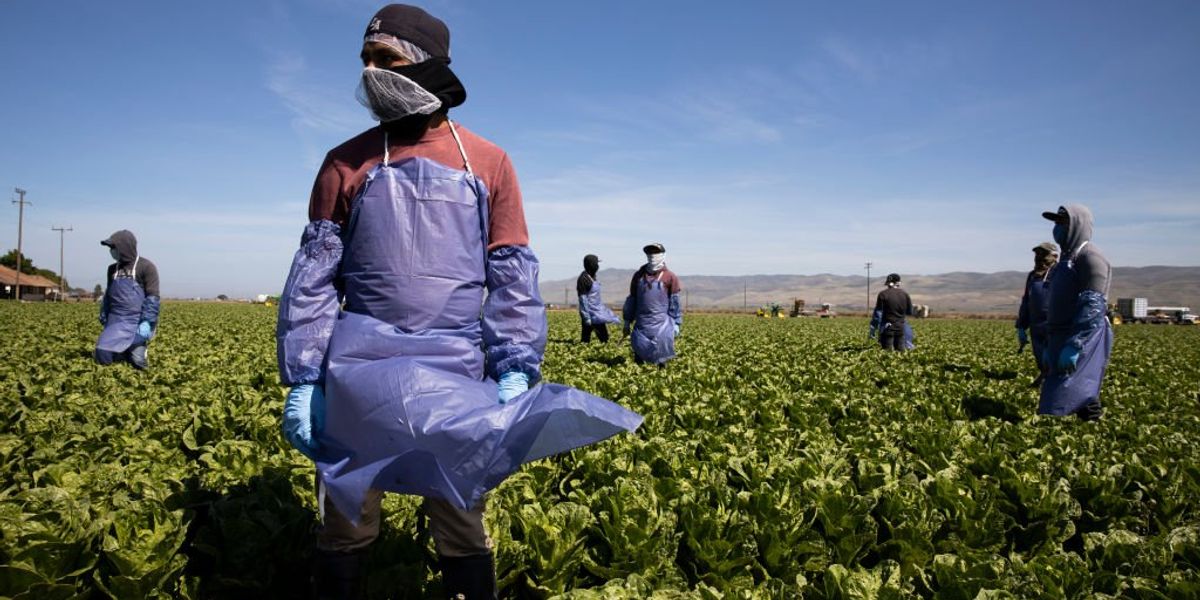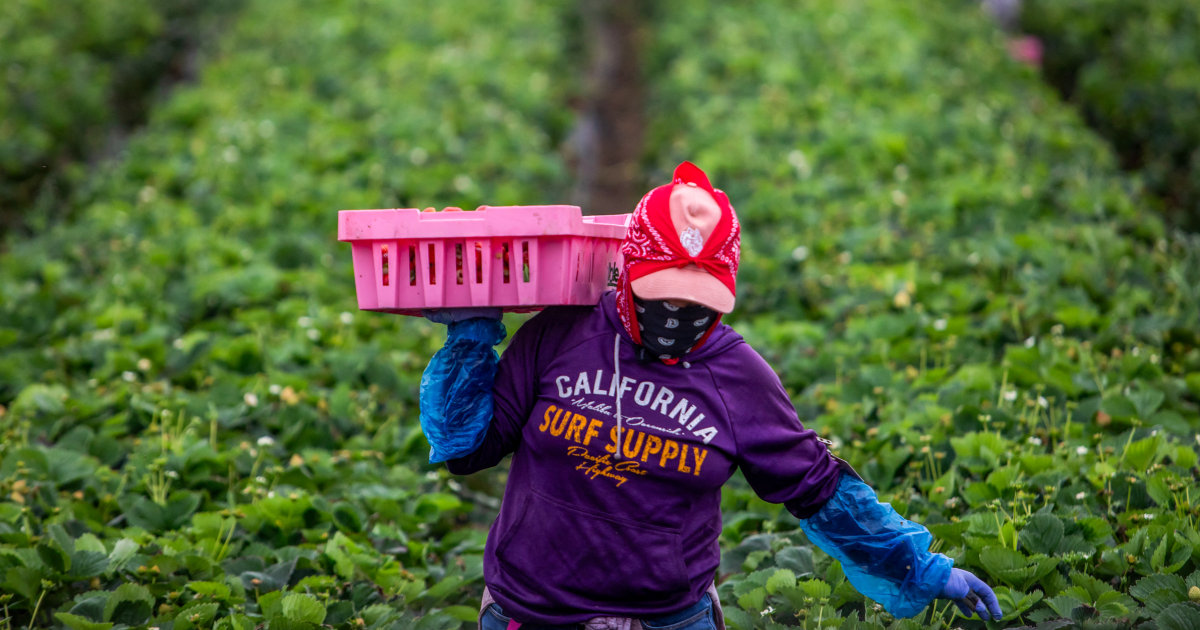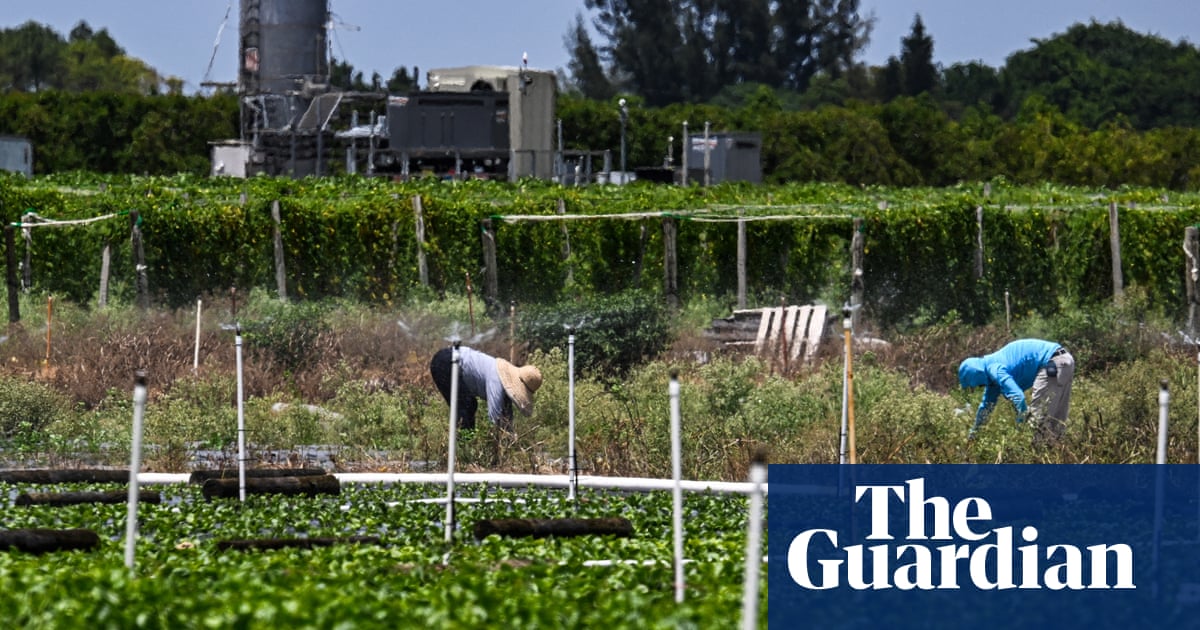Uncertainty Grows Amidst ICE Raids and Immigration Policy Changes
Recent developments highlight the impact of ICE raids on immigrant workers in agriculture and hospitality, with businesses facing disruptions and uncertainty.
Overview
- ICE raids have intensified, with a quota of 3,000 arrests per day, causing significant disruptions in the workforce and businesses reliant on immigrant labor.
- President Trump's pause on immigration raids has brought temporary relief to farmers and hospitality leaders, but uncertainty remains due to fluctuating policies.
- Assistant Secretary of Homeland Security warns industries against harboring criminals, adding to the fear and uncertainty among businesses and immigrant workers.
- Foreign-born workers are avoiding orchards and other sectors due to fear of raids, leading to labor shortages and operational challenges for businesses.
- The impact of immigration enforcement policies is causing worry among immigrant parents about workplace raids while their children are at school.
Content generated by AI—learn more or report issue.

Get both sides in 5 minutes with our daily newsletter.
Analysis
Center-leaning sources frame the immigration raid situation through the lens of economic impact, emphasizing relief among industry leaders while highlighting the ongoing uncertainty and fear among workers. They express concern over the fluctuating policies, suggesting a bias towards the stability of the workforce and the needs of businesses.
Articles (16)
Center (5)
FAQ
The ICE raids specifically targeted immigrant workers in the agriculture sector, hospitality industry (including hotels and restaurants), and food processing facilities.
President Trump ordered a pause on immigration raids in agriculture, hospitality, and food processing because these industries rely heavily on immigrant labor and were reporting significant disruptions and difficulty replacing workers due to aggressive immigration enforcement policies.
Businesses in affected industries expressed concern over labor shortages, operational challenges, and uncertainty, with many immigrant workers avoiding jobs out of fear of raids, which led to disruptions in farming, hospitality, and food processing sectors.
After backlash from business leaders and lawmakers, the Department of Homeland Security initially directed ICE to pause worksite raids in key industries and to avoid arresting noncriminal undocumented immigrants, although this directive was later reversed and raids resumed to meet a quota of 3,000 arrests per day.
History
- 15d

 3 articles
3 articles
- 17d

 6 articles
6 articles
- 17d

 3 articles
3 articles



